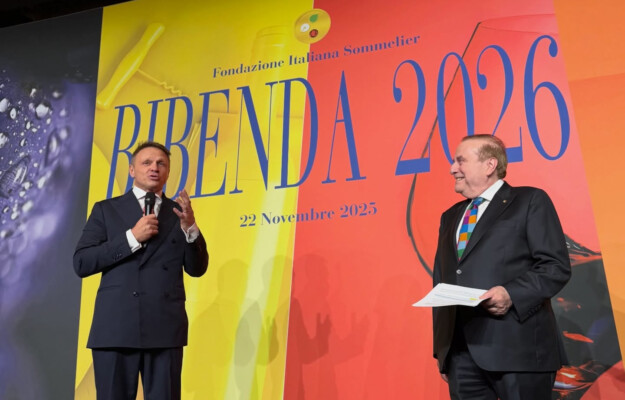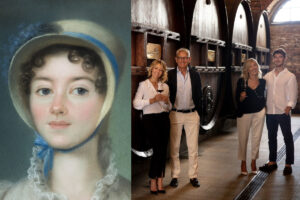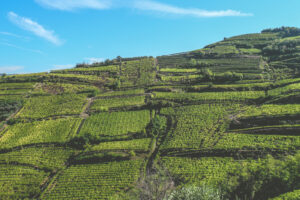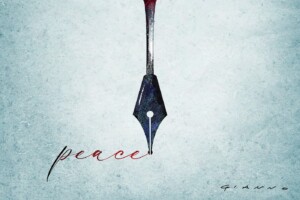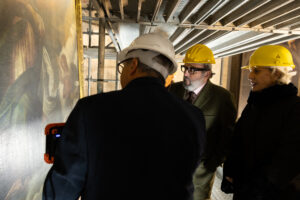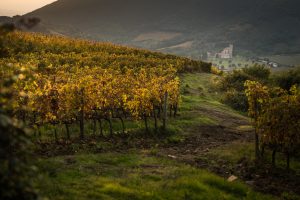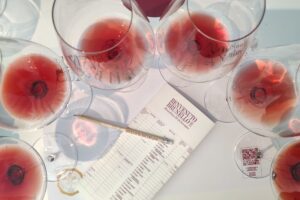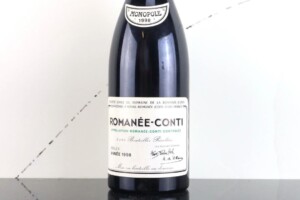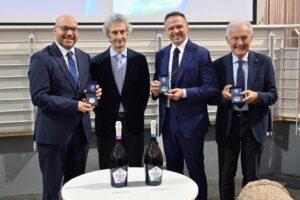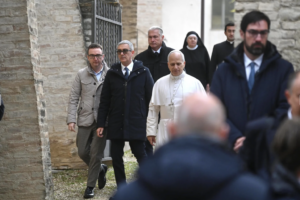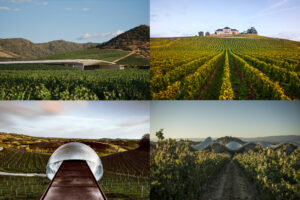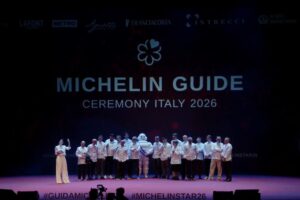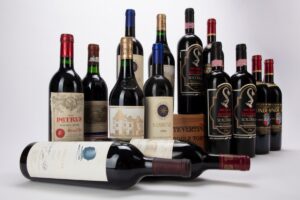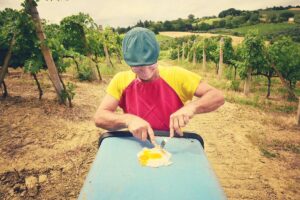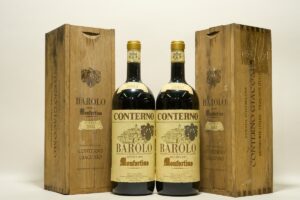At the “Bibenda” 2026 dinner-show, the Italian Sommelier Foundation (FIS) guide, hosted by Franco Ricci, a few days ago in Rome, WineNews interviewed the Italian Minister of Agriculture, Francesco Lollobrigida. The Minister discussed several topics such as the “criminalization of wine”, which we must fight against as hard as we can, because it is wrong. In the meantime, the WHO has finally recognized the distinction between abuse, which must be fought at all costs, and conscious consumption, because it is the “primary problem” of the sector, and “consequently of our environment, our culture, our tradition, our identity, interconnected with the vineyards and the work that takes place there”. Furthermore, the effects of “criminalization” are “more dangerous than any tariff, duty, monetary devaluation or international crisis”. The battle against criminalizing will also be fought and supported through an institutional campaign, which will be “starting in a few days”, to talk about wine “in all its aspects, which is the best thing to do”. All of this considering the medium-term future as well as the near future, December 10, 2025, when the verdict on the candidacy of Italian Cuisine for “UNESCO World Heritage” will be held in New Delhi. If it is successful, as hoped, it will not be the end of a journey, but a new “beginning”.
We began the interview precisely in view of the UNESCO acknowledgment expected for Italian Cuisine - in the meantime, the dossier recently received a positive technical opinion - on December 10th in India (the Colosseum in Rome, which will lighted in green, white and red, the colors of the Italian flag, as a sign of good luck, ed.). As Minister Lollobrigida explained, not the end of a journey, but rather, a beginning. “We nominated Italian Cuisine for UNESCO World Heritage status on March 23, 2023, because we believed that Italian cuisine best represents who we are. Italian cuisine is production, transformation, poetry, music, science and research. Above all, it is an added value, as far as we are concerned, as it allows us to redistribute the wealth created by others; that is, our businesses. There are 270.000 restaurants around the world, thousands of restaurants that elevate our products through the wisdom that comes from 3.000 years of history. It also is the ability of combining Made in Italy to what today stands for quality, beauty, and well-being, which has the right value that the people who buy and consume recognize”.
Italian cuisine is the foundation of a way of life and a way of conceiving food and conviviality, where wine has always been a fundamental pillar. Wine, however, as Minister Lollobrigida has often stated, and WineNews has repeatedly asserted over the past few years, seems to be the subject of outright criminalization. “I believe this is the main issue wine is facing, and consequently also our environment, our culture, our tradition, and our identity as they are all interconnected with the vineyards and the work that goes into them. Carrying out an activity of this nature requires you to produce something good. Not everyone in the world makes wine, and not everyone is knowledgable about wine”, Minister Francesco Lollobrigida explained, as “some research has actually forced the issue on wine, confusing alcohol abuse with the conscious use of a food that has been with us for 5.000 years. So, if one doesn’t want to say it’s good for you - and I’m one of those who thinks conviviality is good for you and wine is one of the cornerstones of conviviality - it certainly isn't bad for you. It is a fact that we are the leading European nation in terms of longevity, and wine has definitely always been part of our culture”. In the meantime, the WHO that has long been pushing for measures to limit alcohol consumption in general, appears to have changed course slightly. It is now distinguishing between moderate and informed consumption and abuse, which would be quite an important result. “We have worked very hard towards this”, the Minister emphasized, “because the WHO must take positions considering objective data. Therefore, declaring that wine was absolutely harmful clashed with statistics, also in respect to the longevity of the people who consume it. If wine had been “poison”, then today, Italy would be at the bottom of the list of survival on this planet, along with France and Spain. That is obviously not the case. Instead, the data emerging shows a distinction, which in our opinion is a straight line between the abuse and the conscious use of a product, and from this perspective could be considered, perhaps if not healthy - and I certainly consider it healthy for the mind, art, poetry, culture - definitely should not be considered harmful, for moderate use only, of course”.
In addition , we have noted the fact that wine is being talked about less and less on TV programs, and various other platforms. “This is definitely true and it is a fact that the discussion on criminalization has made inroads. We reached the point where nations put alarmist labels on bottles, confusing wine with tobacco, assuming they were saying wine was bad for you. When you start making people perceive that wine in general is a bad thing, they obviously want to hide it; that is, try to avoid being seen with a glass of wine in their hand, and consequently it becomes a negative habit. This is extremely dangerous, more dangerous than any tariff, duty, monetary devaluation, or international crisis. Criminalizing the product, Minister Francesco Lollobrigida continued, obviously leads to a radical decline in consumption. Furthermore, criminalizing wine also makes the outrageous mistake of pushing people toward spirit-based cocktails, often of poor quality. It also pushes them toward the use of psychotropic substances, sometimes confusing them with the use of wine as a food, which is what generations before us have done for thousands of years. Wine is part of us. It is tradition, it protects our identity, and above all, it is culture as well as economics, and this is a fact. Imagining Italy without wine would mean depriving ourselves of economic value, work, and care for the land. There is no area as beautiful as a cultivated one, and I must say that vineyards are among the crops that shape the land around us”.
There is some good news coming to support and revitalize a product, consumed in moderation, which is a “liquid food” at the heart of our tradition and cuisine. “In a few days we will be launching a campaign that will tell the story of wine, which is the best and right thing to do. Telling the story of wine in all its aspects gives us the opportunity to enjoy it, recognize it, and know what we are talking about when we have to define it. Then, of course, we are working with the ICE Agency (foreign commerce institute) internationally, to open up new markets, and consolidate the ones we have. This year, we are allocating several million euros more in the budget, dedicated mostly to wine and Italian cuisine, because Italian cuisine will also bring wine with it into this campaign as a central element on the table. It is now a key element for many reasons, even in terms of revenue, as it often is a dominant factor that permits businesses, including restaurants, to survive. We also need to focus on the strength of our 270.000 restaurants abroad, and the thousands and thousands in Italy that sell quality Italian wine. Italy must no longer compete solely on production, which sees us as world leaders, but above all on product quality”.
Copyright © 2000/2025
Contatti: info@winenews.it
Seguici anche su Twitter: @WineNewsIt
Seguici anche su Facebook: @winenewsit
Questo articolo è tratto dall'archivio di WineNews - Tutti i diritti riservati - Copyright © 2000/2025










